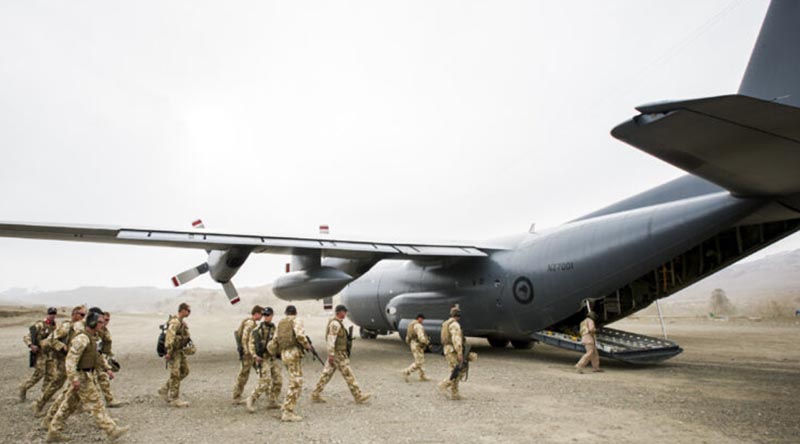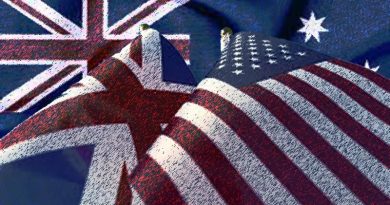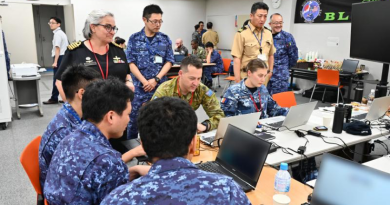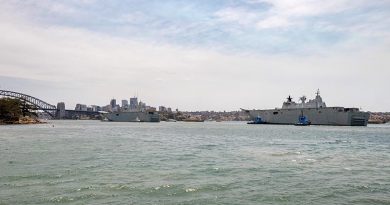NZDF formally withdrawing from Afghanistan

After 20 years, New Zealand will formally end its Afghanistan deployments and withdraw its last six remaining NZDF personnel by May this year.
FILE PHOTO (): New Zealand troops board a RNZAF Hercules in Bamiyan province, Afghanistan. NZDF photo.
Prime Minister Jacinda Ardern said that after 20 years of NZDF presence in Afghanistan, it was time to conclude New Zealand’s deployment.
“The deployments to Afghanistan have been one of the longest running in our history, and I wish to acknowledge the 10 New Zealanders who lost their lives in the line of duty, and the more than 3500 NZDF and other agency personnel, whose commitment to replace conflict with peace will always be remembered,” Ms Ardern said.
Commander Joint Forces New Zealand Rear Admiral Jim Gilmour said the six personnel currently in Afghanistan would return to New Zealand within the next couple of months.
Rear Admiral Gilmour said the NZDF had made a significant contribution to regional security and development in Afghanistan over the past 20 years, including in Bamyan province with the New Zealand Provincial Reconstruction Team.
NZDF personnel supported NATO-led mentoring for the Afghan National Army Officer Academy (ANAOA) since its creation in 2013, and worked at the NATO Resolute Support Mission headquarters.
The academy produces about 75 percent of Afghan National Army officers and produced its 5000th cadet in September last year.
At the NATO Resolute Support Mission headquarters, NZDF personnel have been supporting women, peace and security initiatives including in gender-advisor roles.
Their work has included assisting in the development of Afghan National Army gender advisers and helping remove barriers for females in the Afghan army, including through the establishment of childcare facilities and education and training opportunities.
Rear Admiral Gilmour said NZDF personnel, working alongside international partners, had directly contributed to the development of future Afghan military leaders.
“Our NZDF trainers and mentors have made a valuable contribution to the academy which has been developing to self-sufficiency, with our support no longer needed,’’ he said.
“It has been a privilege to support our Afghan partners and serve alongside them over the years.”
.
.

.
.





